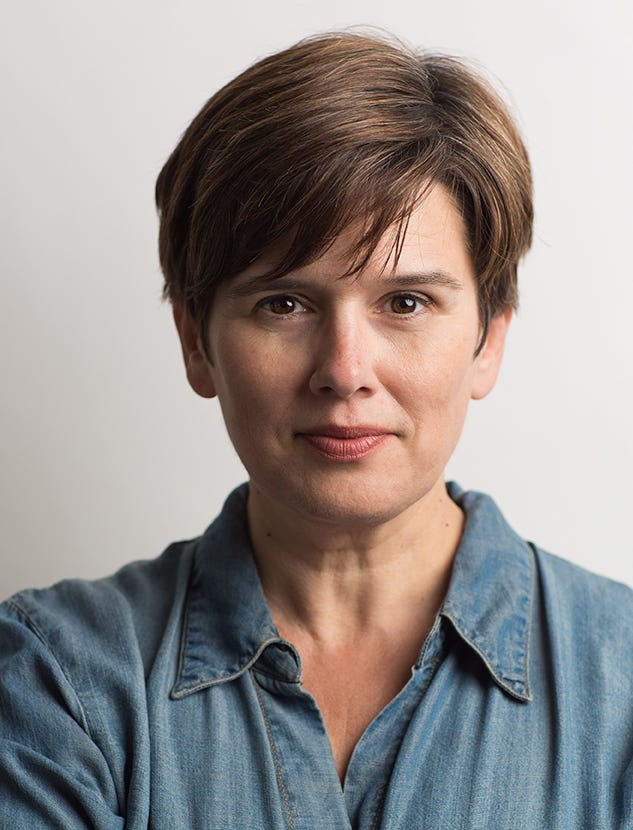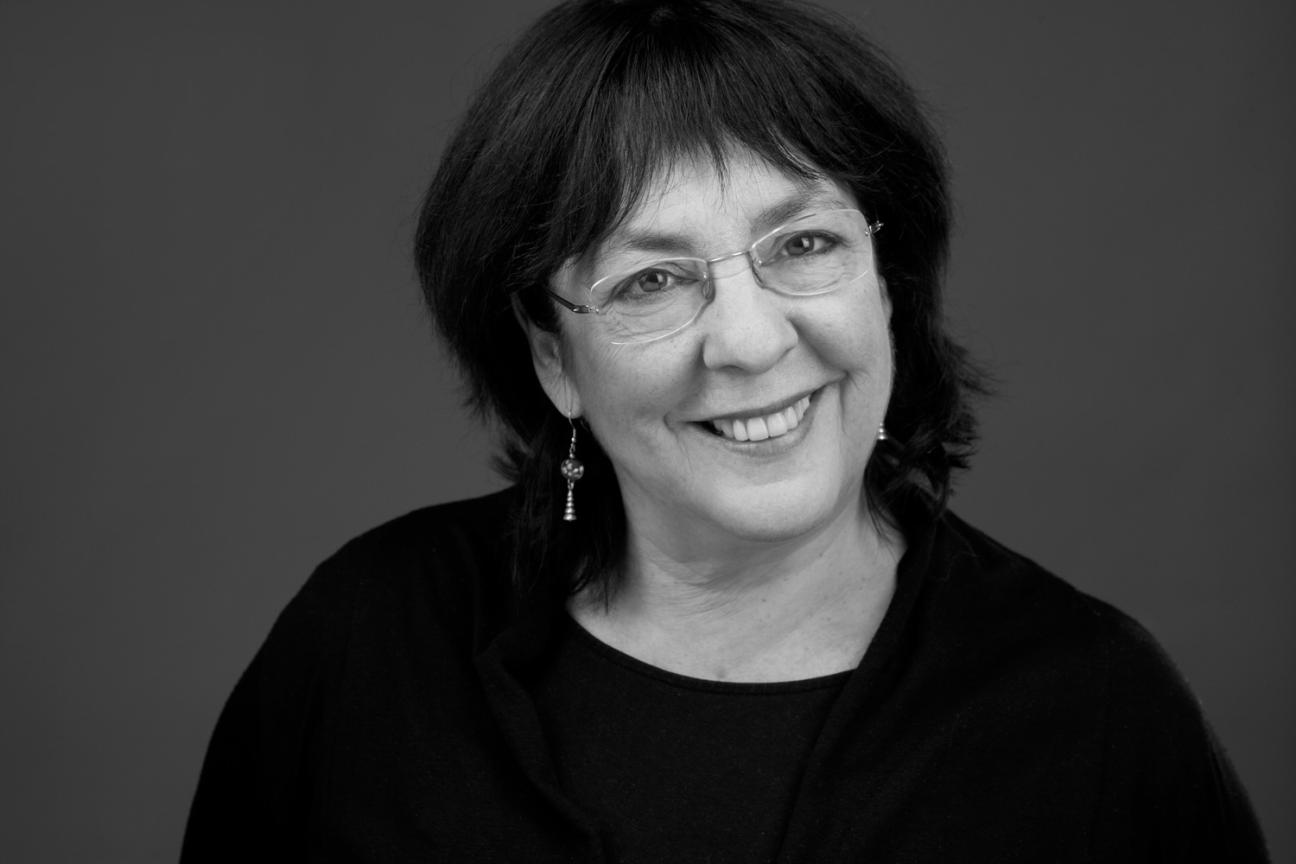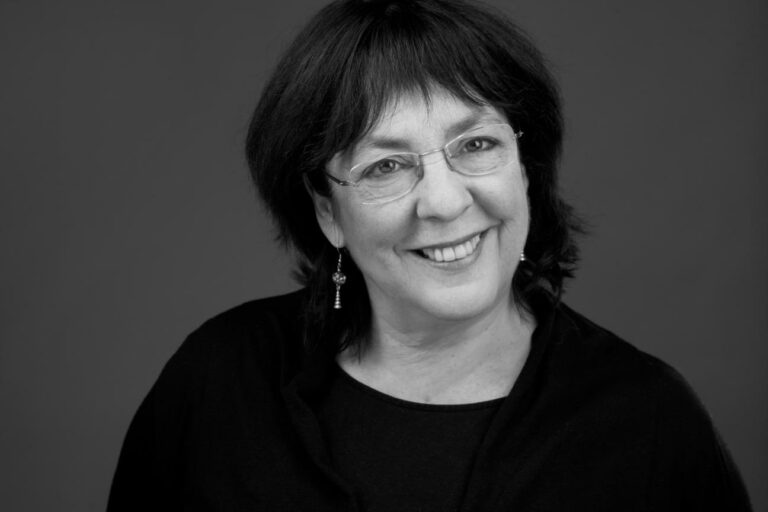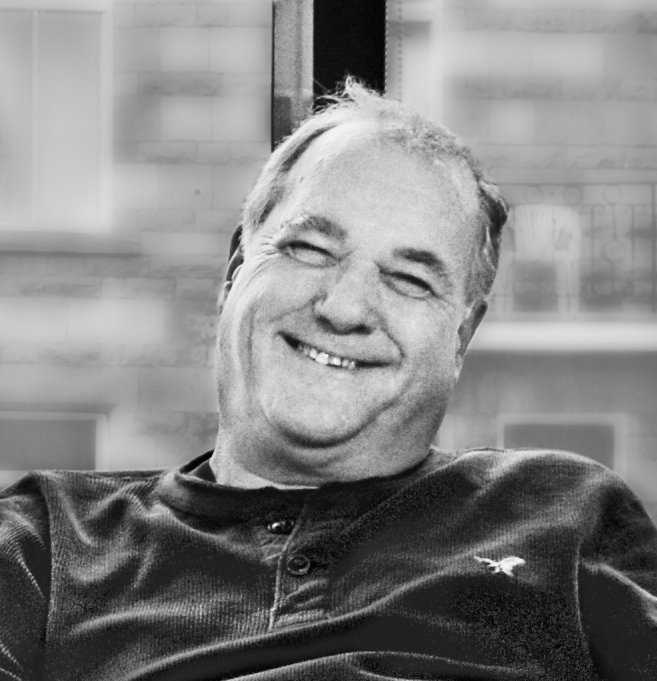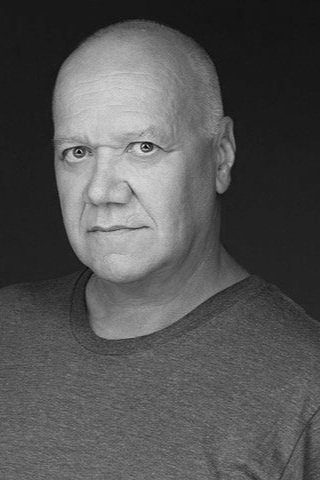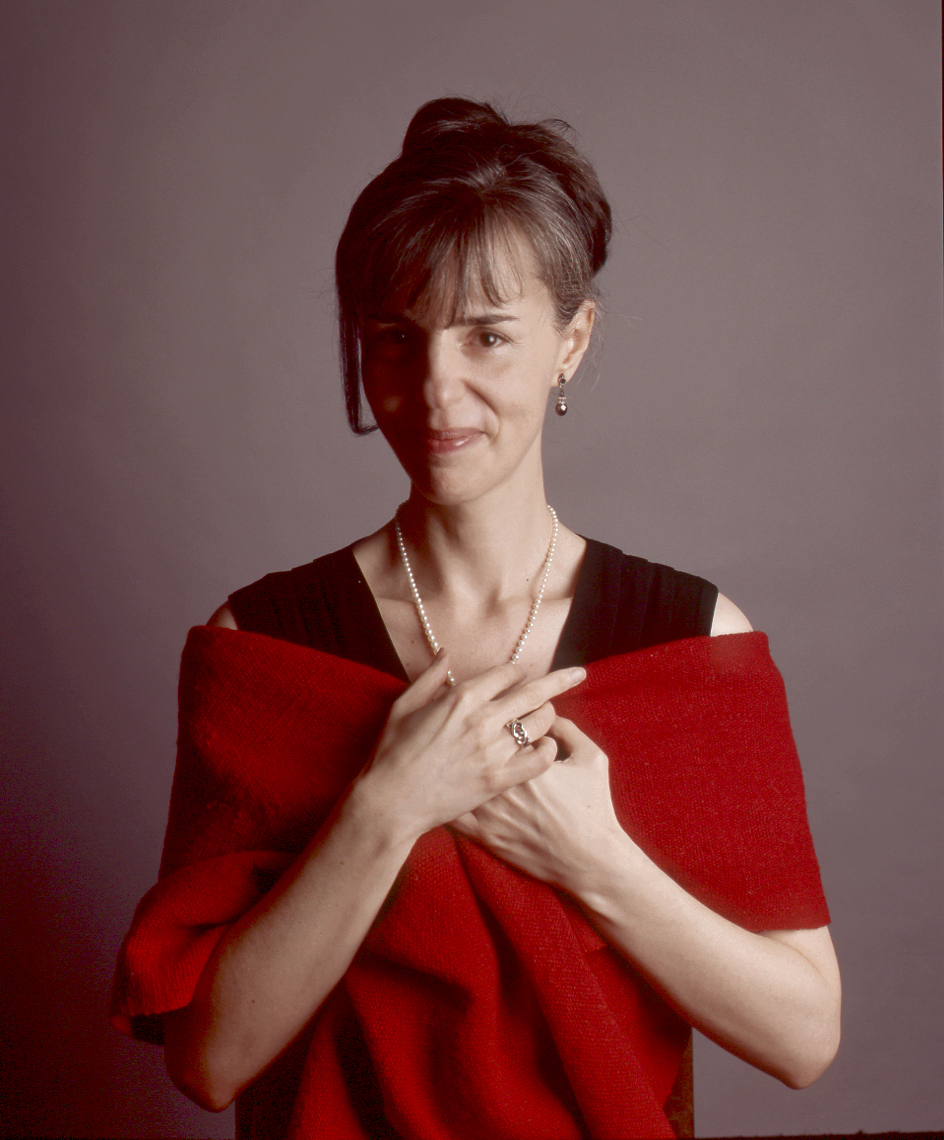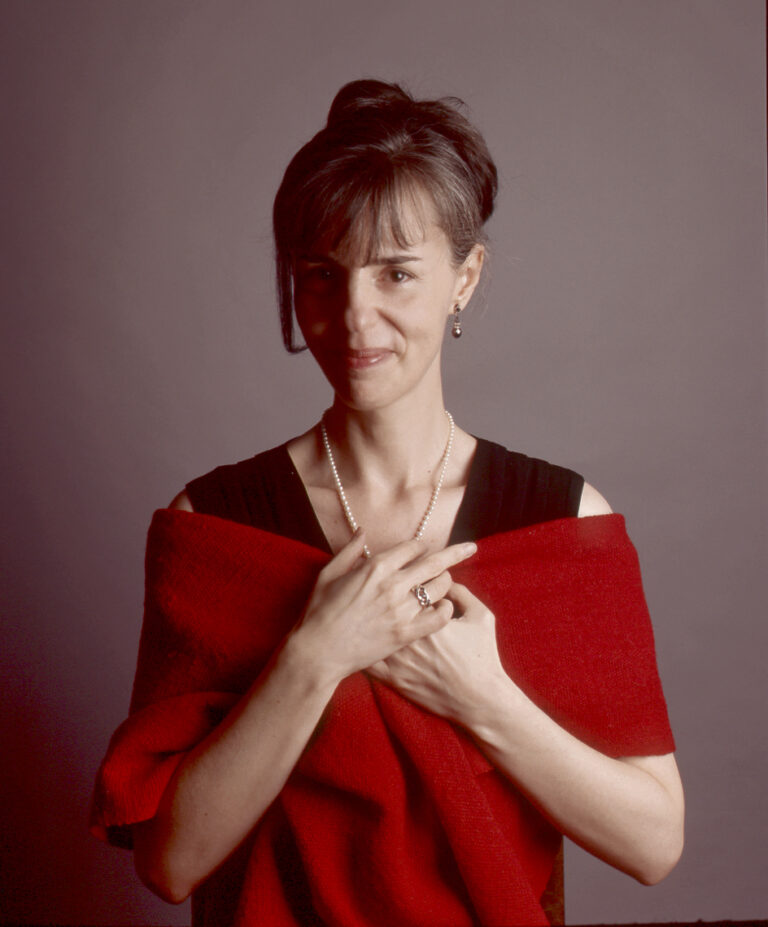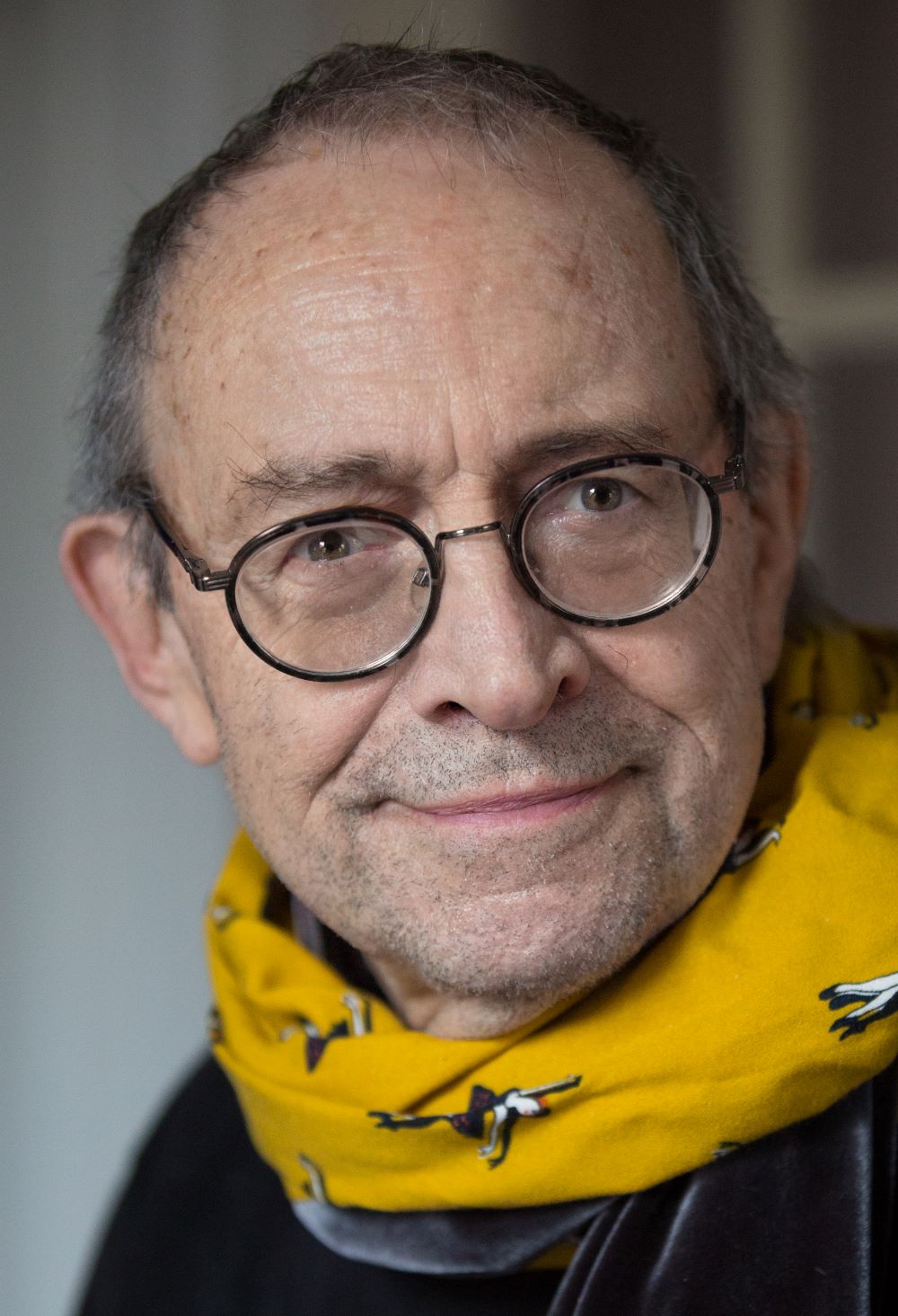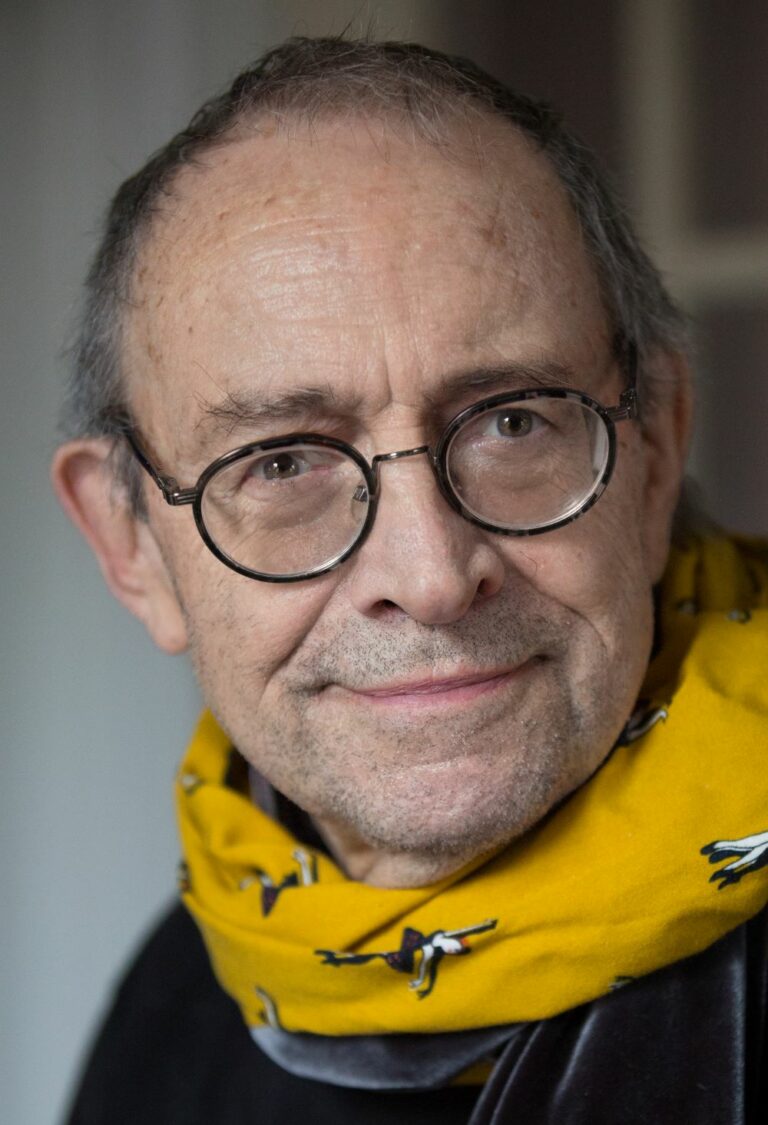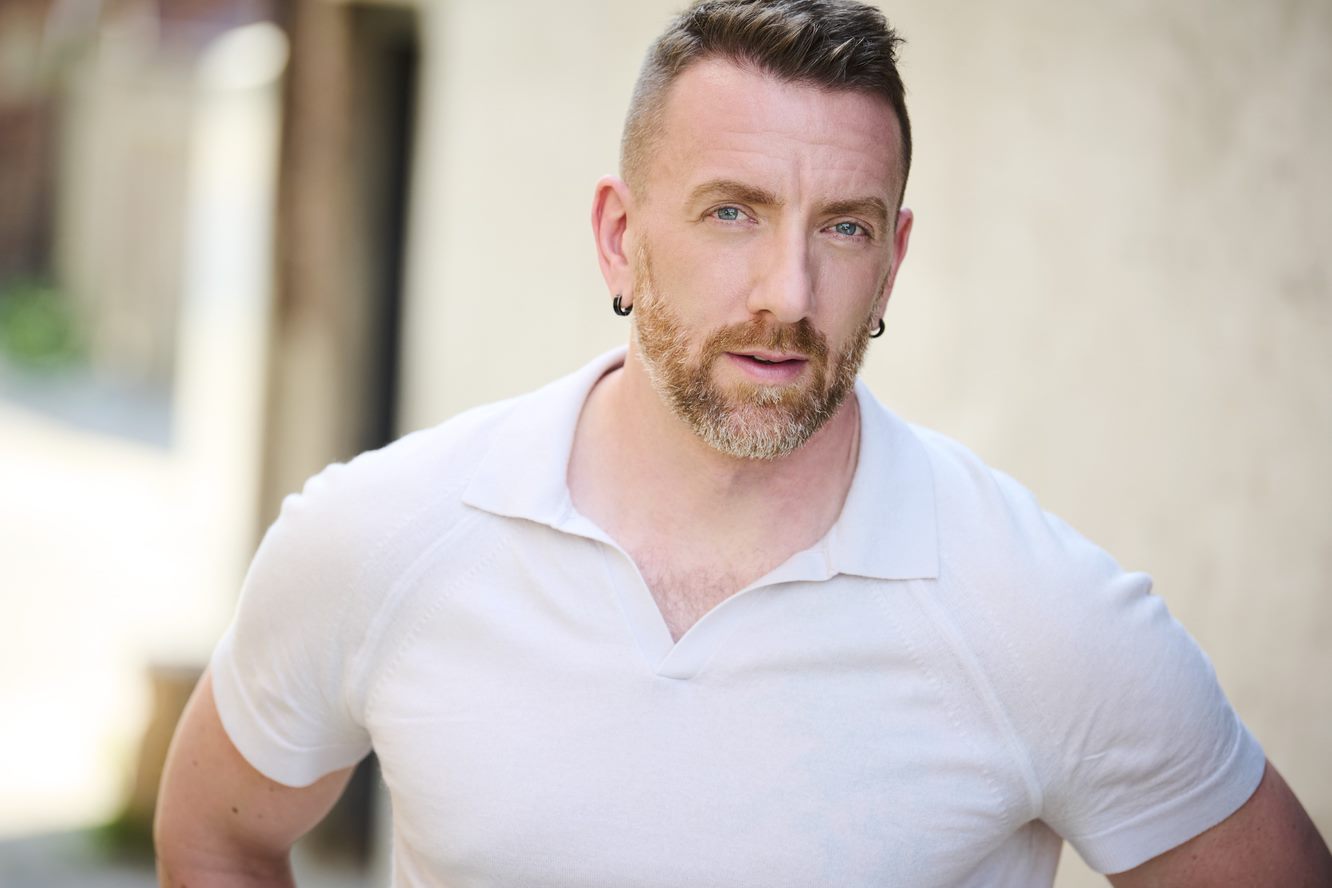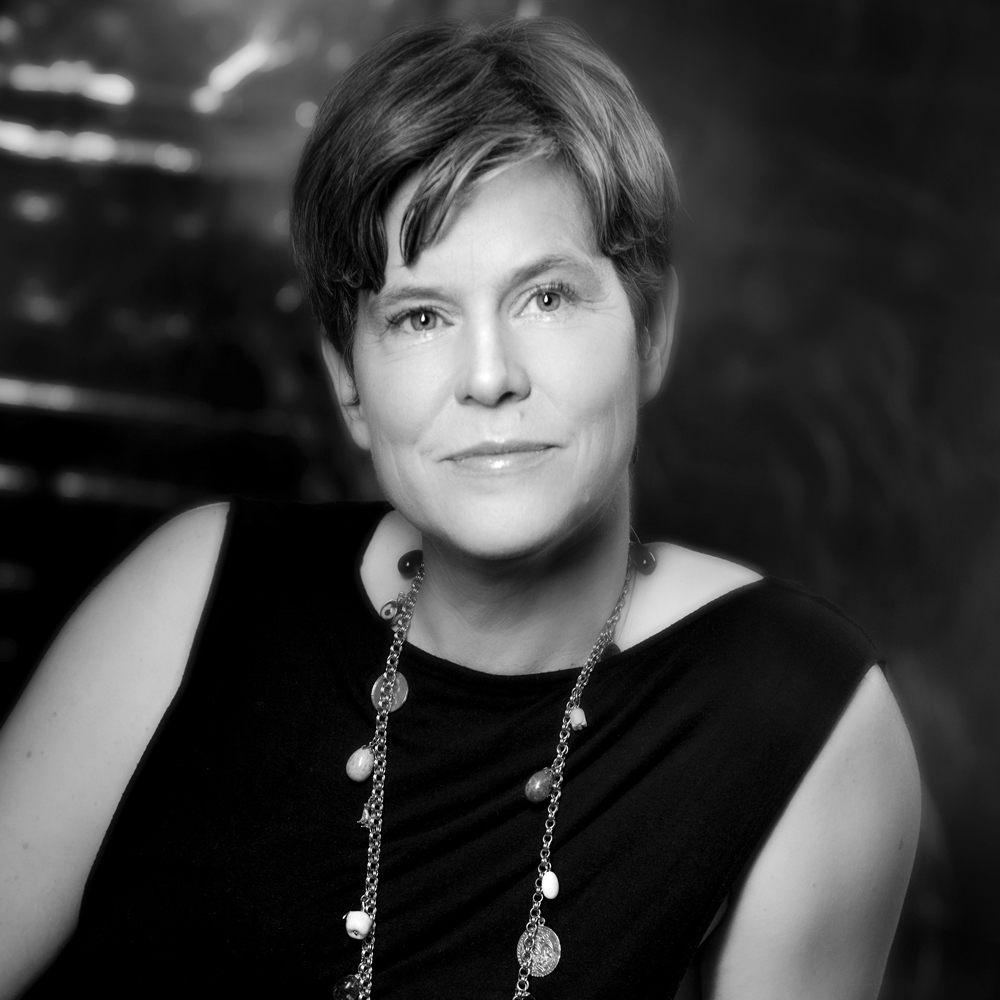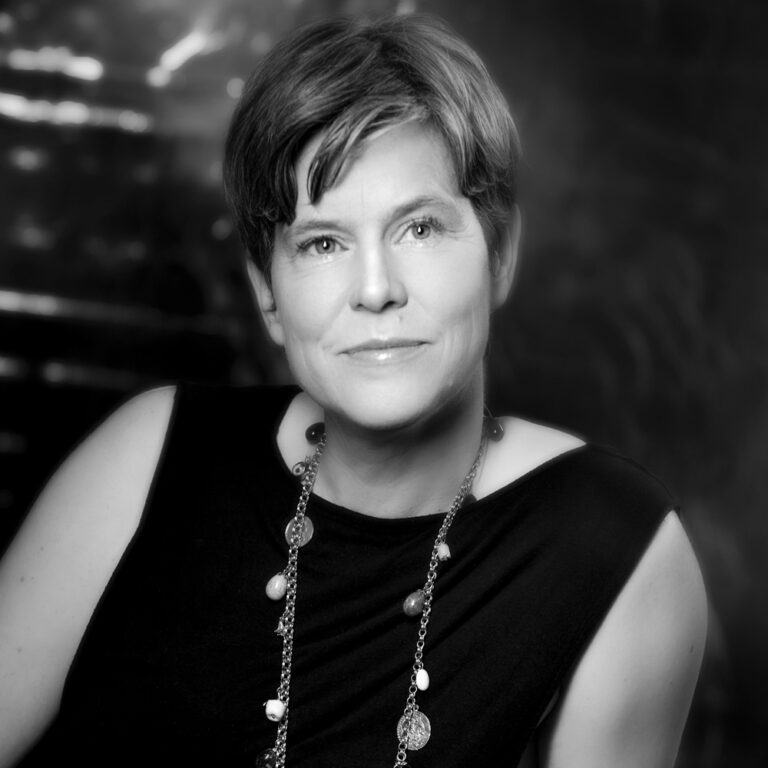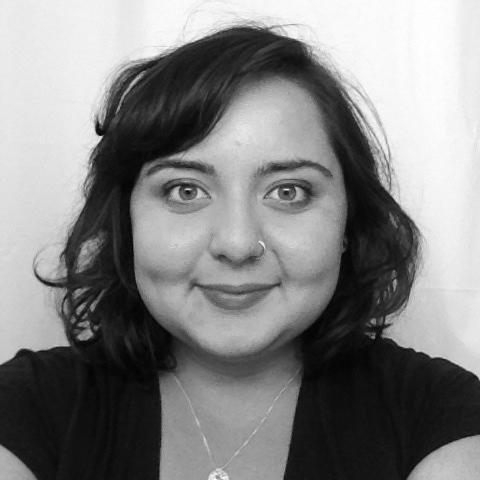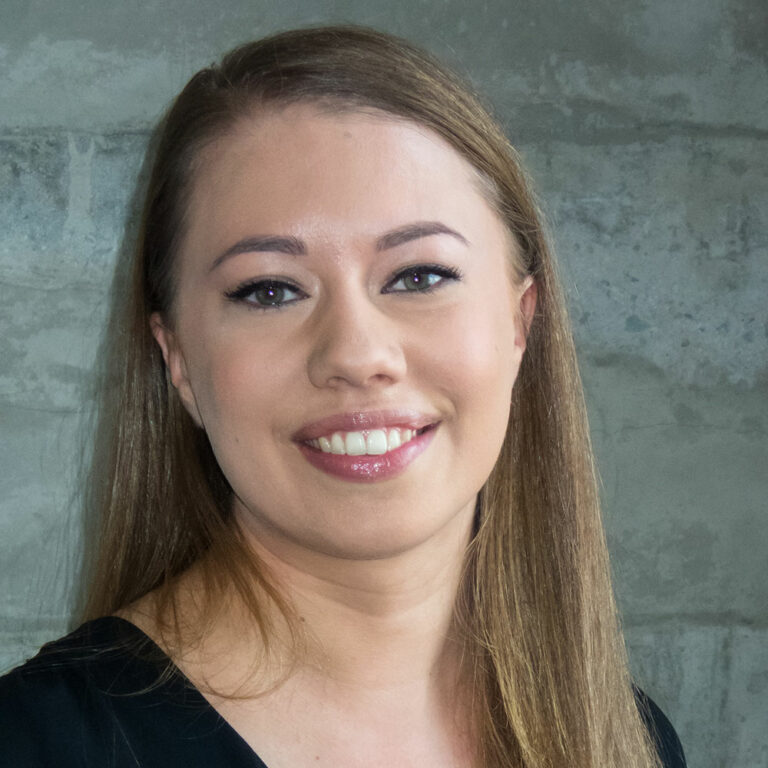Thank you so very much for this wonderful prize. As a director, this prize reflects the great contributions from all of my artistic collaborators throughout the years. I want to thank the Siminovitch Family for their vision and great generosity. Your impact on the theatre medium is immense. Thank you so much to the members of the jury: Bob White, Micheline Chevrier, Linda Gaboriau, Mieko Ouchi and Sarah Garton Stanley. I am deeply honored that you choose me, your peer, to receive this prize. Thank you to the National Arts Centre. I would like to take a moment to thank and honor my co-nominees:
Ross Manson, your kindness and honesty have always made an impression on me. You are like a straight arrow that loves the truth and we all get to benefit from your passion for it.
Ravi Jain, your generosity and vision have impacted so many people. Your big heart has touched us all and you have given so many people opportunities. Your generosity in your work and in what you do has impacted us all.
Jonathan Christenson: courage is what touches me the most about you. Courage to jump in, take over a company and make it work come hell or high water. You are deeply courageous.
Christian Lapointe, you are the wild child of nature, a spirit that is deeply connected to mystical forces, I am honored to know you.
Creative force runs my life. It runs my life. I have surrendered to it. I just follow its commands. It’s almost like Creative Force is another person that lives in me, and I’m watching it make choices and do things that I, personally, don’t necessarily want to do. Because I, personally, am filled with doubt. I doubt everything. I doubt myself; I doubt the work I’m doing. I keep thinking, “The next play will be the great one”. I have never been able to rest on any laurels. Even now, standing here, I doubt. Creative Force includes doubt, but it doesn’t doubt. So I just get out of the way and let this Creative Force do what it’s going to do. I kind of watch from the outside, helplessly. I am often afraid. I try to keep up to Creative Force and follow it as it spins me around and up and down. It’s a force. If you are honoring me, personally, I have to get out of the way so that what really needs to be honored is seen: Creative Force. Because I, personally, have no idea how I got to be on this stage right now. I just followed this energy, I was always so curious about it; I followed it like an infatuation, an obsession for sure, because there is nothing more beautiful to me then Creative Force.
Creative Force comes through everything. Creative Force kills us and brings us back to life. Out of the stillness, the quiet, the moment when the lights go down and we are sitting here, together, in the dark theatre.
That blessed pause.
The sacred nothing.
Luminous darkness.
Peace.
Then a spark of light emerges and grows into a full world of life. Life played before our eyes. A big drama. This too ends. Darkness returns, in all of its loving peace.
It is loving. This peace. This space. This quiet.
This is the creative wellspring.
Right here and right now.
Out of this comes the world of play.
And again, like a prayer, I repeat:
Creative Force comes through everything. Creative Force kills us and brings us back to life. Out of the stillness, the quiet, the moment when the lights go down and we are sitting here, together, in the dark theatre.
That blessed pause.
The sacred nothing.
Luminous darkness.
Peace.
Then a spark of light emerges and grows into a full world of life. Life played before our eyes. A big drama. This too ends. Darkness returns, in all of its loving peace.
It is loving. This peace. This space. This quiet.
This is the creative wellspring.
Right here and right now.
Out of this comes the world of play.
And what a world it is. Magnificent and terrifying. Cruel and kind. Filled with politics and religions, enough stories to last an eternity. We do our best to understand this world. To become more aware of the things we don’t understand. To free ourselves. To rid ourselves of doubt and fear and ignorance. And whatever we try to do to rid ourselves of what we don’t like – it never works – so if we can’t get rid of it, what then?
We play it out, in front of each other, hoping to release the light that is in us. That light, that spark, in us, that comes out of this luminous space. Out of this space comes courage, honor, generosity, wildness. On the stage we play with these forces and the ignorance that is their constant enemy. We see both: the winner and the loser, the ally and the enemy, the one filled with doubt and the essence that holds it all. We take in the opposites. We hold the contradictions in this one space. And by holding the opposites, the other and me, we are transformed. That is the essential power of this art form. What an awesome power. This is a power that can only happen here in this space, with people, together, putting their attention on the same thing, the same story. Together, a transmission is possible. Transmissions that happen through our bodies, our presence, here, together. We have this power to grow in ways that are totally unexpected.
To become more aware.
To feel more, know more, sense more, to love more.
I image Elinore Siminovitch as a woman filled with Creative Force. She must have loved the world so much to be so prolific and to continue creating as much as she did.
I met Dr. Lou Siminovitch briefly the other night; I wanted very much to thank him for this honor. This is what he said to me, he said, “I married well. I married well. She wasn’t at all interested in science (and he laughed out loud). I married well”.
I was so moved by the love in his voice. I felt the depth of emotion, honor and respect that this prize contains.
I also married well. Rob Scott, my beloved and long-time collaborator. Together with George Acheson, my best friend and thorn-in-my-side inspiration. Sarah Conn, Jacob Wren, the late Tracy Wright, Barry Padolsky, Steve Lucas, Wayne Hunter, the people of Wakefield who have supported me and made art with me for the last ten years and so many more artists in Canada and abroad, together we have gone through the fire to share ourselves with the world. We’ve been a small, independent company that has, like the little train that could, just kept going despite incredible odds. We’ve kept going because that is what we do. We do this because we love the world as much as we hate it and we know that our only response can be a creative one, one that honors life, that honors death, and everything in between. Thank you for being my creative companions. Tonight we will dive into the night and let life take us where it will, so let us do so as brothers and sisters, companions in this sea of changes, inspired and drunk with life, creating beautiful songs and poems along the way, to entertain and enlighten each other as a form of solace and celebration.
Kathy Siminovitch said that her mother “would have been delighted to see not only excellence in drama being recognized, but also a newcomer in the field of drama being afforded the opportunity to see their work recognized and brought to the public eye.”
With this in mind, I have chosen two protégés. I work in the tradition of apprenticeship, and I am honoring the apprentices that are now under my wing. Sarah Conn is my senior protégé and I want to thank you for nominating me. If you hadn’t become my protégé, I would not be standing here now. By honoring you with this, I ask that you bring your resilient heart to the world with your work. The world needs more heart, even if it feels incredibly vulnerable for you, that’s ok – your heart is more resilient then you can imagine. Shaista Latif is my new protégé and I have chosen you for your fierce mind and outrageous humor. Please use your mind and humor to the benefit of all – we all need to be able to see more clearly the things we’d rather avoid. Do it with humor and compassion. Most importantly, to both of you, bring your curiosity to the task. Curiosity is the most important thing, it will carry you through.
